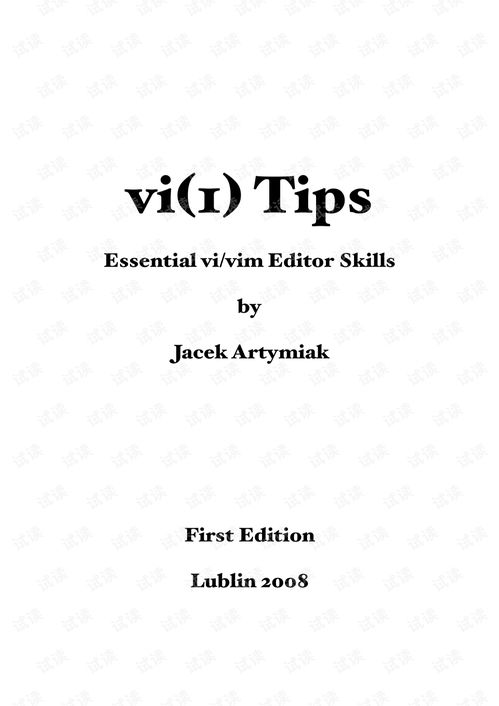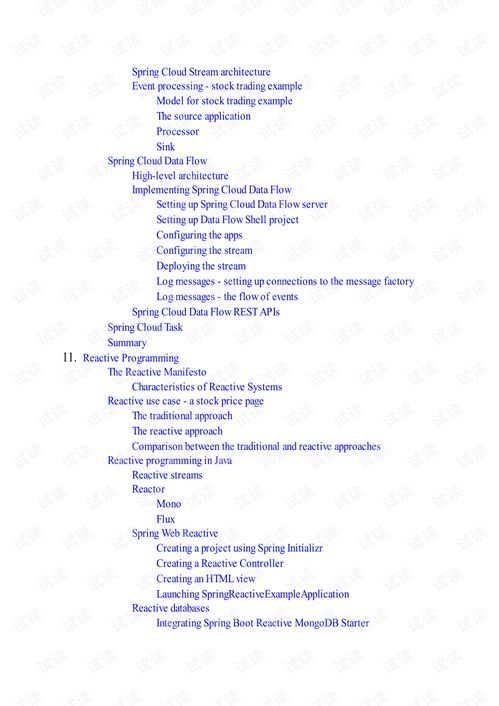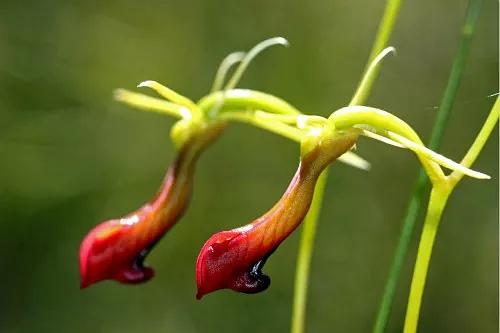Content:
Embarking on the thrilling journey of fishing can be an exciting yet daunting experience, especially for beginners. Whether you're drawn to the tranquility of a serene lake or the adrenaline rush of river fishing, mastering the basics is key to a successful and enjoyable fishing trip. One common challenge for新手 (newcomers) is catching small fish, which can be both a learning experience and a fun way to hone your skills. Here are some essential beginner fishing tips to help you master the art of catching small fish.
Choose the Right Equipment
The first step in catching small fish is to equip yourself with the right tools. For beginners, a lightweight spinning rod and reel combination is usually sufficient. These setups are easy to handle and offer a good balance between sensitivity and power. When it comes to line, a monofilament line in the 4 to 6-pound test range is ideal for small fish. This line is strong enough to handle light tackle but flexible enough to detect subtle bites.
Select the Appropriate Lure or Bait
The choice of lure or bait can significantly impact your success in catching small fish. Live bait, such as worms or small insects, can be highly effective, as small fish are naturally attracted to movement. Artificial lures, like small jigs, spinners, or grubs, can also work well, especially in clear water where visibility is high. It's important to choose lures that mimic the natural prey of the fish you're targeting.
Understand Fish Behavior
To catch small fish, it's crucial to understand their behavior. Small fish often feed in the shallows, so targeting these areas is a good strategy. Additionally, small fish are more active during dawn and dusk, so these are the best times to fish. Keep in mind that small fish are often more cautious and may require a more subtle approach to lure them in.
Use the Right Technique
When fishing for small fish, it's important to use a technique that doesn't spook them. A slow and steady retrieve is often more effective than a fast, erratic motion. When casting, aim for areas with cover, such as rocks, weeds, or logs, as these provide protection and attract small fish. Once you've cast your line, wait for a few moments before beginning your retrieve. This gives the fish time to investigate the lure.
Pay Attention to Your Line
One of the key elements in catching small fish is being able to detect their subtle bites. Small fish may not pull your lure under, so it's important to pay close attention to your line. Even the smallest tug or movement can indicate a bite. Be prepared to set the hook quickly and gently, as overaggressive hooksets can often break the small fish off.
Be Patient and Persistent

Catching small fish can sometimes be a test of patience. Don't get discouraged if you don't catch anything right away. Small fish can be fickle, and sometimes it takes time to find them. Keep experimenting with different lures, baits, and techniques until you start to see results.
Learn from the Experience
Every fishing trip is a learning experience. Whether you catch a lot of small fish or none at all, take the time to reflect on what worked and what didn't. This will help you refine your skills and increase your chances of success on future outings.
Conclusion
Catching small fish can be a rewarding and enjoyable aspect of fishing, especially for beginners. By following these essential beginner fishing tips, you'll be well on your way to mastering the art of catching small fish. Remember to enjoy the process, respect the environment, and always practice catch-and-release if possible. Happy fishing!












